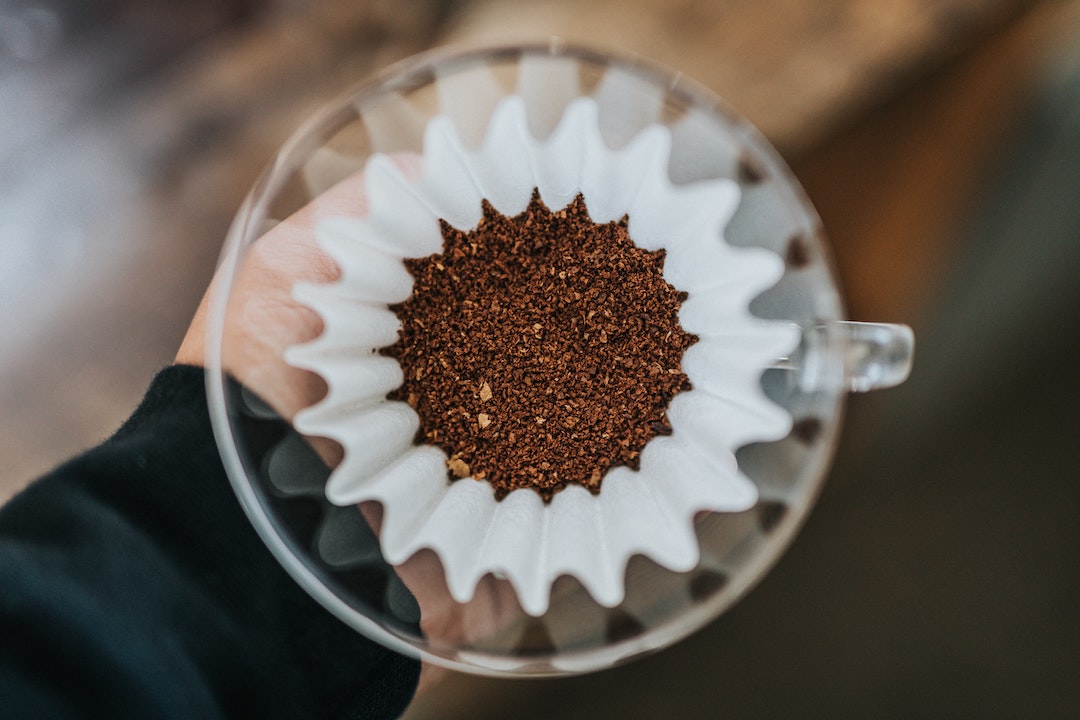When anyone buys coffee, they usually base their purchase on a number of factors. This can range from the flavor and roast type of the coffee all the way to the specific growing region or coffee farm! However, in recent years, a new factor has started to work its way into people’s coffee buying habits; sustainability.
For many people (all of us here at High Brew included), if the coffee they are drinking isn’t produced sustainably or ethically, that coffee isn’t worth their time. Now, it’s important to note that when we say sustainability, we’re not just talking about environmental sustainability. When it comes to the coffee industry, sustainability is a much more complex term.
The complexity of coffee sustainability is due to the fact that coffee production doesn’t rely solely on the environment; there’s a significant human element involved. So while environmental coffee focuses are essential, the coffee farmers and workers need to be valued just as heavily! All of this brings us to the main focus of this article; Direct Trade coffee.
Direct Trade coffee is one of the solutions that has been put into action in order to make coffee more sustainable for everyone. This article will highlight the benefits of a Direct Trade partnership and how it helps both the coffee crop and the industry as a whole.
Direct Trade vs. Fair Trade
First things first, we should probably address these two terms, as they are very closely related but mean two very different things. Within the world of coffee, these two practices are seen as two of the leading solutions for equity and sustainability. However, in our opinion, Direct Trade partnerships have a significant advantage over Fair Trade agreements.
What Is Fair Trade Coffee?
We’ll start by looking at Fair Trade coffee, which is slightly more established than Direct Trade practices, and functions on a much larger scale. In its beginnings, fair-trade coffee was a response to the “Coffee Crisis” of 1988, where global coffee prices became entirely unregulated. This crash in prices severely impacted many coffee farmers, particularly the smaller, independent growers.
As a result, Fair Trade certification was born to level the playing field a bit between the small farmers and the industrialized corporations. Fairtrade International, the group in charge of all Fair Trade coffee, aims to help struggling farmers get better wages while promoting ethical labor practices.
Fair Trade certified coffee must follow the standards of Fairtrade International, which include living wages for employees and ethical supply chain practices. In return, the price of Fair Trade coffee is set on a global level by Fairtrade International, in order to protect farmers from significant dips in the coffee market. On the whole, it’s a reasonably effective system that helped to address an early problem within the coffee industry.
A New Trade Model: Direct Trade
While the Fair Trade model has undoubtedly helped level the playing field for many coffee growers, it also has its flaws and criticisms. For instance, the price floor for coffee set by Fairtrade International often leads to lower quality coffee as coffee producers can sell lower quality coffee for higher profits. Meanwhile, Fairtrade International is extremely self-sustainable for a nonprofit organization, which has led to many questions about financial transparency within the trade organizations that make up Fair Trade coffee.
That being said, we aren’t here to debate the merits of one coffee sustainability model over another, and Fair Trade practices have undeniably helped many people up and down the coffee supply chain. We just think that a Direct Trade partnership is better!
As opposed to Fair Trade coffee, Direct Trade coffee is an ideology rather than a physical organization. Direct Trade practices focus on working directly with the coffee farmers and producers in order to reach a mutually beneficial agreement. To help explain the concept, we’ll use our own Direct Trade partnership as an example!
We source all of our top-quality coffee directly from growers, as we love the taste and quality of the crop from farmers in their regions. Through our partnership, we’ve determined the best possible selling price for our farmers, which allows them to sell their coffee for maximum profit, as opposed to the global standard price.
Our partnership also helps to fund the farms, equipment, and infrastructure surrounding our coffee so that everybody along the way can make a living and not have to struggle against exploitative coffee roasters and companies. Though our partnership goes much deeper and in greater detail than that, this is what a direct trade partnership provides on a basic level! Competitive prices, agreed on by the roasters and farmers, in order to create a sustainable, ethical, and beneficial coffee supply chain from top to bottom.
Some Final Thoughts
Between Fair and Direct Trade coffee, there is a noticeable movement towards more sustainable coffee models. As specialty coffee roasters make more of an effort to source their beans ethically, and with environmentally friendly practices, we can see the shift happening in real time.
If coffee sustainability is something that you consider important, you might also want to do some of your own research on the subject! There are plenty of articles that can go into more detail about Fair Trade and Direct Trade coffee, as well as other sustainability methods that focus more on the environment, and coffee crops themselves.
At the same time, if you like the sound of Direct Trade coffee, and want to support an existing partnership, then you should try some of our specialty cold-brew! All of our coffee is sustainably sourced through a Direct Trade partnership, and a portion of money from every purchase goes towards funding the families and farms that provide our tasty coffee.
Check us out today, and taste the difference sustainable coffee can make!

